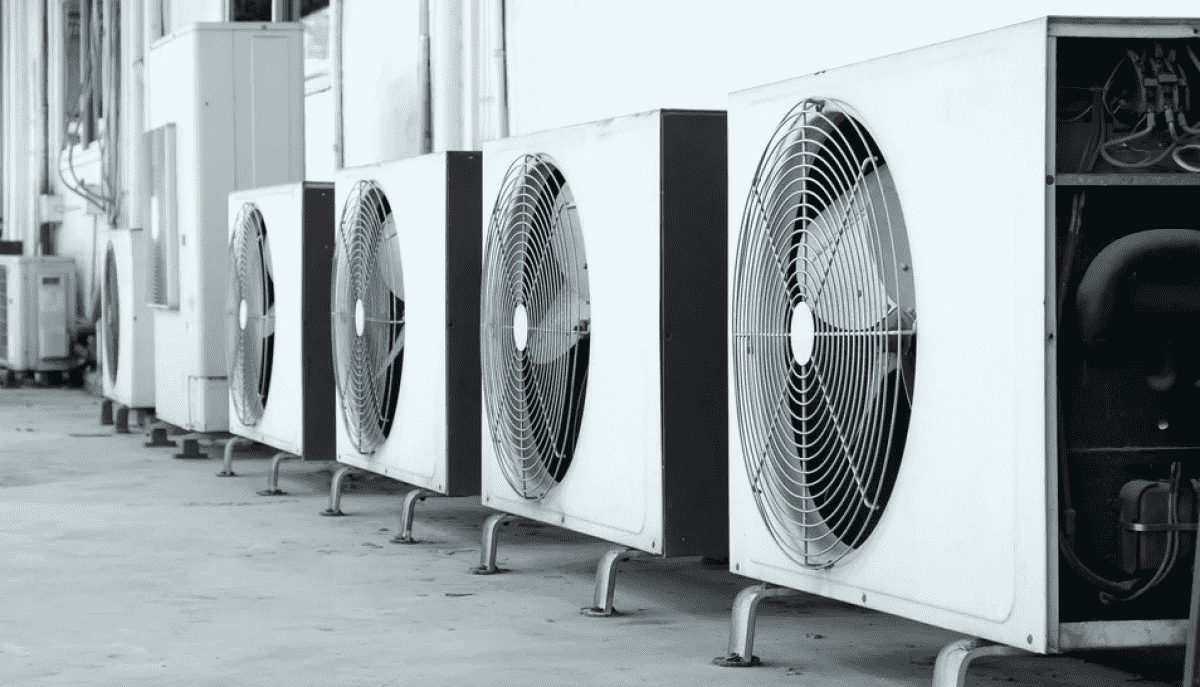Why Upgrading Air Conditioning System In Winters Is A Smart Move
- - Category: Home Improvement
- - 06 May, 2021
- - Views: 815
- Save

The winter months provide an opportunity to inspect, service & upgrade air conditioning systems with minimal disruption
In most residential and commercial buildings, air conditioning is the #1 electricity expense during summer. Statistically, air conditioners account for around 6% of the total electricity produced in US, and one-third of all homes have air conditioning system. They not only account for the major part of energy consumption expenses, but also negatively impact the environment by releasing around 115 million metric tons of CO2.
Air conditioning systems impose a heavy burden on the power grids in summers, as they are operating at full capacity in most buildings. An efficient air conditioning system design can greatly benefit all kinds of building including residential and commercial, and also utility companies. As new technologies emerge, the cooling requirements have dropped considerably over the years.
Winter is an excellent opportunity to upgrade air conditioning systems as they are not being used. To understand the impact of an efficient upgrade, air conditioning costs over $29 billion to US homeowners. With an efficiency upgrade, you can cut down the energy consumption of air conditioners by 20% to 50%.
AC System Inspection and Upgrades during Winter
During winter, there is barely any need for air conditioners, which makes it the perfect opportunity for inspections and required upgrades. Also, with a drop in demand for equipment and components, urgent repairs can be taken care of immediately. On the other hand, the need for air conditioners is at its peak in summer and the availability of equipment and components drops down due to increased demand.
Unlike homes and residential buildings, efficient air conditioning offers 2 types of savings in commercial buildings:
- Commercial buildings are subject to demand charges. An efficient AC system will draw less kilowatts at all times, even when operating at peak capacity, which can be subtracted from the demand charge.
- Companies consider highest demand peak for the last 1 year. This means, peak demand from summer will affect the energy bills for the entire year, including the months when cooling is not needed. Thus, an efficient upgrade will ultimately reduce the demand charges all year long.
Understanding the Efficiency of Air Conditioning Systems
The efficiency ratings of space cooling systems vary depending on the unit type. However, a simple logic applies in all cases i.e. higher efficiency means lower energy bills.
- Different units use different kinds of metric for measuring efficiency -
- Chillers use Integrated Part Load Value (IPLV), which describes the efficiency over a range of common operating conditions, instead of a single condition.
- Complete chiller plants use kilowatt/ton to describe efficiency.
- Packaged rooftops use Integrated Energy Efficiency Ratio (IEER) for describing efficiency over a range of normal operating conditions.
- Mini-split air conditioners use Seasonal Energy Efficiency Ratio (SEER).
- Geothermal heat pumps use Coefficient of Performance (COP) to measure efficiency as they don’t have a dedicated metric.
Air conditioning upgrades are simpler when you upgrade to a more efficient unit of the same type, since there is no need to reconfigure the entire installation. However, there may be cases where switching to another cooling technology may pay off. For example, window-type and packaged terminal air conditioners (PTAC) offer limited efficiency, and savings of over 70% are possible with newer systems.
To identify the best possible way of cutting down your energy bills and keeping the expenditure to the minimum, it is highly recommended to consult to an experienced team of HVAC engineers.


